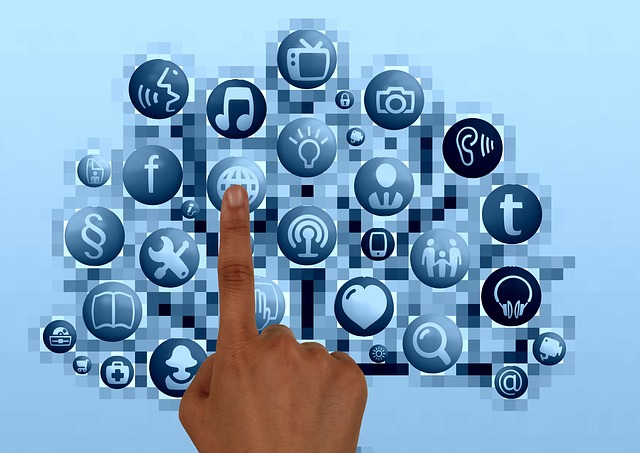 The use of mobile technology has quickly found its way in the medical field. Research shows that this penetration will continue rising and is likely to reach 95% by 2020. Technology integration has helped in reducing barriers to health care access. It has also given patients tools for taking personal responsibility for their health. On the part of physicians, they now have the flexibility to accomplish their day-to-day tasks with ease.
The use of mobile technology has quickly found its way in the medical field. Research shows that this penetration will continue rising and is likely to reach 95% by 2020. Technology integration has helped in reducing barriers to health care access. It has also given patients tools for taking personal responsibility for their health. On the part of physicians, they now have the flexibility to accomplish their day-to-day tasks with ease.
Health care professionals (HCPs) who use the mobile devices have helped in transforming the various aspects of clinical practice. Currently, there are numerous apps that can be used by HCPs to accomplish certain tasks. Some of these tasks include communication & consulting, health record access & maintenance, information & time management, information gathering & referencing, clinical decision making, patient monitoring & management, and medical education & training.
One of the ways that the HCPs are using the mobile devices is to assist in information and time management. Popular information apps like Evernote and Notability have enabled HCPs to write notes, store images, record audio, and organize medical records. Mobile apps also help in time management. With these apps, HCPs can organize and track appointments, call schedules, meetings and other clinical obligations. Patients can also use mobile apps like ZocDoc to view information and make appointments with their doctors.
The mobile devices have also played a great role in the health record maintenance & access area. Apps like Teamviewer are being used to collect and retrieve patient data. With a secure health information system, HCPs are able to access patient information remotely on their mobile devices. Some of this information includes medical history, prescriptions, vitals, lab tests, scans, x-rays, consultations and discharge notes. There are other specialized apps that help in remote viewing of the medical imaging scans. One such app is the Mobile MIM which works on iPhone and iPad devices.
The adoption of the mobile devices in medicine will continue rising. The current statistics show that at least 25 percent of HCPs have already adopted the use of mobile devices. The mobile revolution in healthcare is also being driven by the rising number of personal healthcare apps. Issues like weight loss and fitness tracking can now be done in the comfort of your home. These devices will continue making health care quite accessible and improve the user-friendliness of modern health IT solutions.
